Let’ look at “Foods to avoid when constipated” Constipation is a common digestive problem that affects millions of people worldwide. It occurs when bowel movements become difficult or infrequent, and the stools become hard and dry. This can be caused by many factors, including a lack of fiber, dehydration, a sedentary lifestyle, and certain medications. However, one of the most significant contributors to constipation is diet. In this article, we will discuss some of the foods that you should avoid if you are constipated.
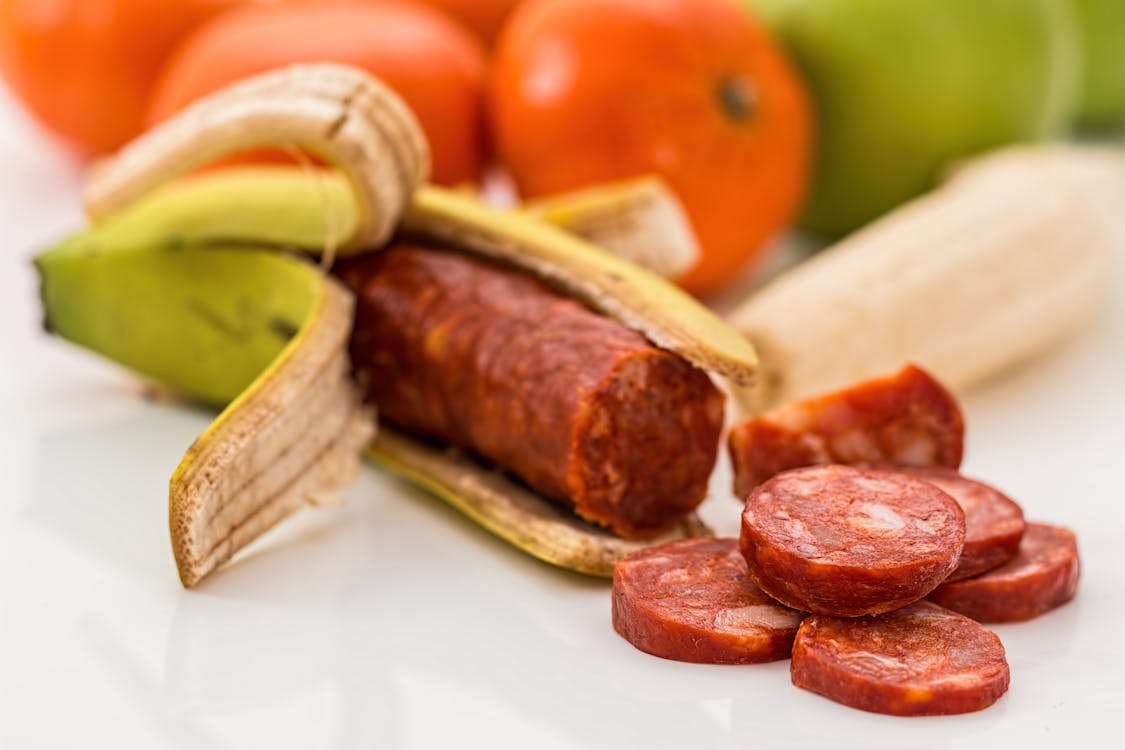
Processed Foods
Processed foods are a common culprit when it comes to constipation. These foods are typically high in fat, sugar, and salt, and low in fiber, making them challenging for the digestive system to process. Processed foods can also be difficult to digest, leading to constipation. Foods to avoid include packaged snacks, fast food, and pre-packaged meals.

Dairy Products
Dairy products such as cheese, milk, and ice cream can cause constipation in some people, especially if they are lactose intolerant. Lactose intolerance occurs when the body is unable to digest lactose, a sugar found in milk and dairy products. This can lead to bloating, gas, and constipation. If you experience constipation after consuming dairy products, try switching to lactose-free alternatives or reducing your dairy intake.
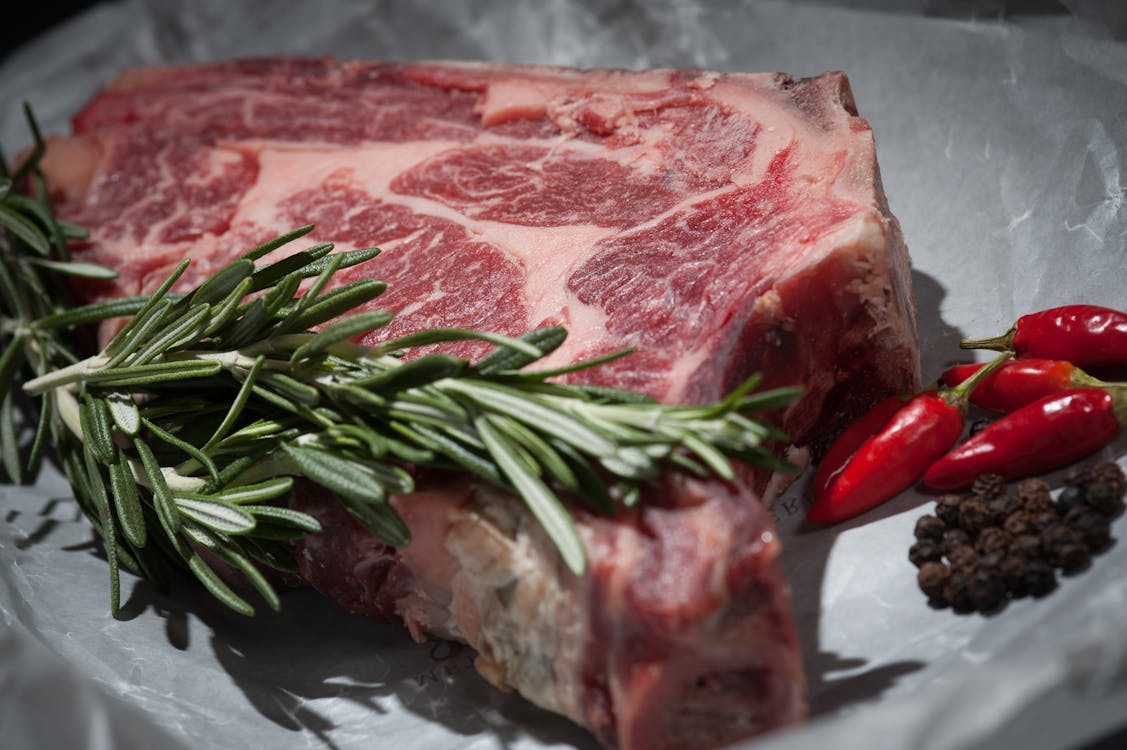
Red Meat
Red meat is high in fat and low in fiber, making it difficult to digest. Eating too much red meat can slow down your digestive system, leading to constipation. It is recommended to limit your intake of red meat and opt for leaner proteins such as chicken, fish, and legumes.
Also read | 6 Side effects of guava during pregnancy

Fried Foods
Fried foods are typically high in fat and low in fiber, making them a common contributor to constipation. They are also challenging for the digestive system to break down, leading to slow bowel movements. If you are constipated, it is best to avoid fried foods such as french fries, fried chicken, and onion rings.
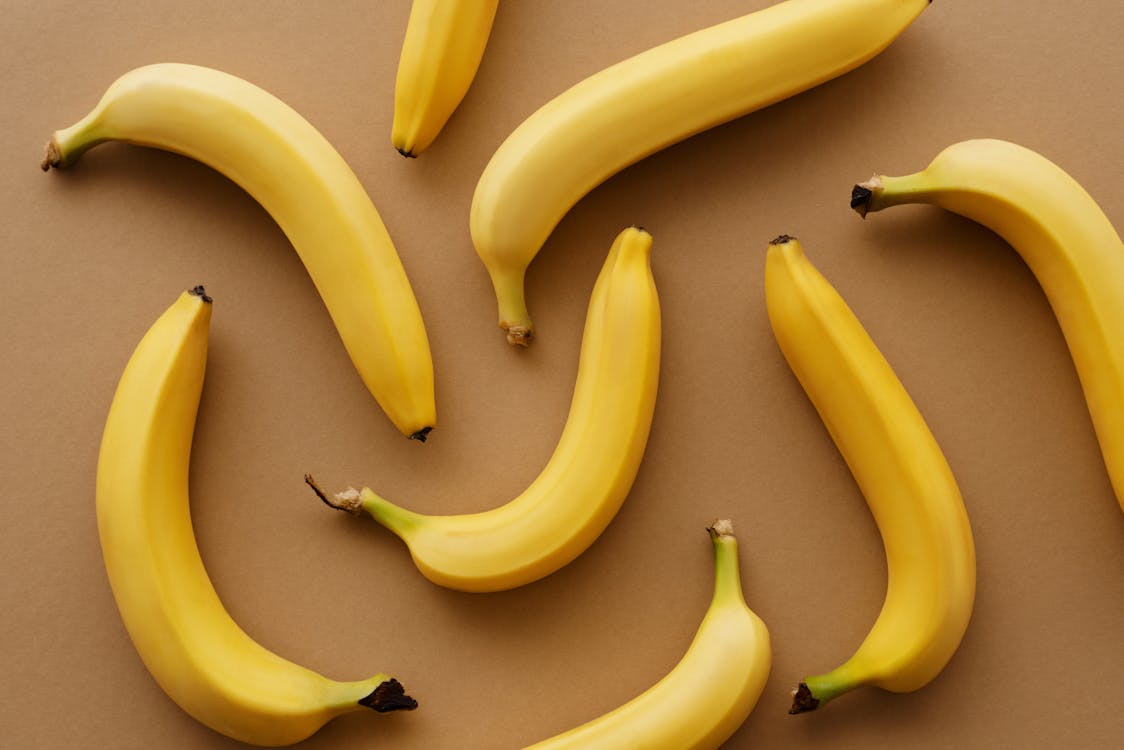
Bananas
While bananas are a healthy and nutritious food, they can contribute to constipation in some people. Bananas are high in fiber, but they are also high in starch, which can slow down digestion. If you are constipated, it is best to limit your intake of bananas and opt for other high-fiber fruits such as apples, berries, and pears.
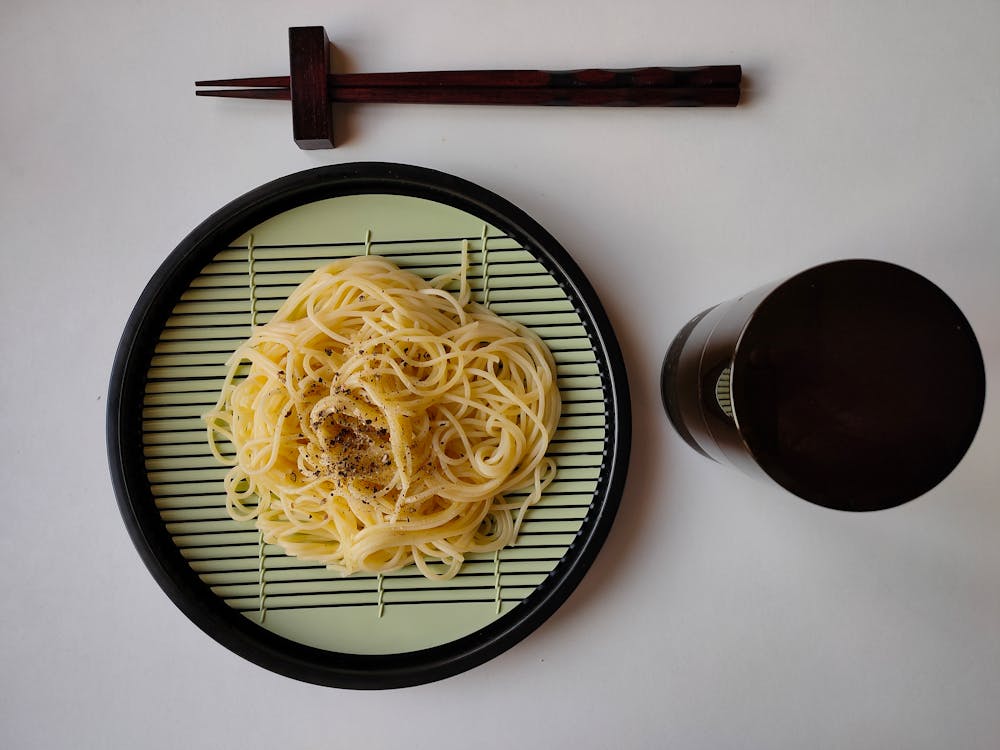
White Rice and Pasta
White rice and pasta are low in fiber, which can contribute to constipation. These foods are also high in refined carbohydrates, which can cause blood sugar spikes and crashes, leading to digestive issues. It is best to opt for whole-grain options such as brown rice and whole wheat pasta, which are high in fiber and easier to digest.

Caffeine and Alcohol
Caffeine and alcohol can dehydrate the body, which can contribute to constipation. It is essential to stay hydrated to maintain healthy bowel movements. If you are constipated, try to limit your intake of caffeine and alcohol, and increase your water intake.
Also read | Coughing Foods to Avoid: What to Eat and What to Avoid

Spicy Foods
Spicy foods can cause digestive issues such as bloating and constipation, especially if you are sensitive to them. Spicy foods can also irritate the digestive system, leading to slow bowel movements. If you are constipated, it is best to avoid spicy foods such as hot peppers, curries, and chili.
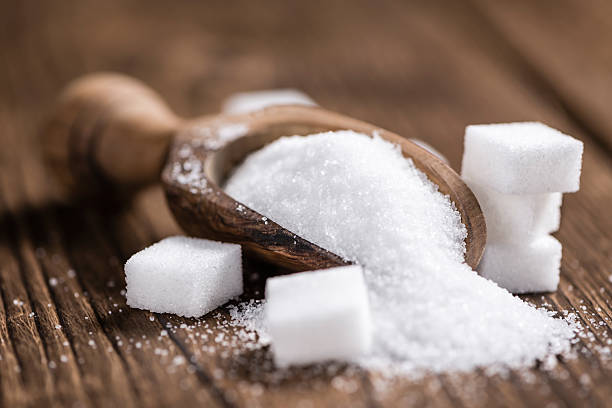
Refined Sugar
Refined sugar is a common ingredient in many processed foods and drinks, including soda, candy, and baked goods. Consuming too much-refined sugar can lead to constipation by disrupting the balance of good bacteria in the gut. It can also cause inflammation in the digestive system, leading to slow bowel movements. It is best to limit your intake of refined sugar and opt for natural sweeteners such as honey or maple syrup.

Helpful Tips to Prevent Constipation
- Increase your fiber intake by consuming fruits, vegetables, and whole grains.
- Drink plenty of water to stay hydrated and maintain healthy bowel movements.
- Exercise regularly to improve digestion and bowel movements.
- Practice relaxation techniques such as deep breathing or meditation to reduce stress and anxiety, which can contribute to constipation.
- Avoid straining during bowel movements and take your time to allow for a complete evacuation of the bowels.
- Consider taking a probiotic supplement to promote healthy gut bacteria.
- If you are taking medications that contribute to constipation, speak with your doctor about alternative options.
Also read | Are Chicken Nuggets High in Fat and Unhealthy?
FAQs

Are there any medications that can cause constipation?
Yes, many medications can cause constipation, including painkillers, antacids, antidepressants, and blood pressure medications.
Can drinking coffee help with constipation?
While coffee can have a laxative effect, it can also dehydrate the body, leading to constipation. It is best to drink water and consume high-fiber foods to maintain healthy bowel movements.
How much fiber should I consume each day to prevent constipation?
The recommended daily intake of fiber is 25 grams for women and 38 grams for men. However, it is essential to increase your fiber intake gradually to avoid digestive discomfort.
Can constipation be a sign of a more serious condition?
In some cases, constipation can be a sign of a more serious condition, such as colon cancer, irritable bowel syndrome, or thyroid disease. If you experience severe or chronic constipation, it is essential to speak with your doctor.
Can drinking alcohol cause constipation?
Yes, alcohol can dehydrate the body, leading to constipation. It is best to limit your alcohol intake and drink water to stay hydrated.
Conclusion
Constipation can be a challenging and uncomfortable experience, but it is often preventable through diet and lifestyle changes. By avoiding foods that contribute to constipation, increasing your fiber intake, staying hydrated, and exercising regularly, you can maintain healthy bowel movements and prevent digestive discomfort. If you experience severe or chronic constipation, it is essential to speak with your doctor to rule out any underlying conditions. Source
Also read | 10 Reasons You Can’t Stop Coughing – Causes, Symptoms, and Treatments





